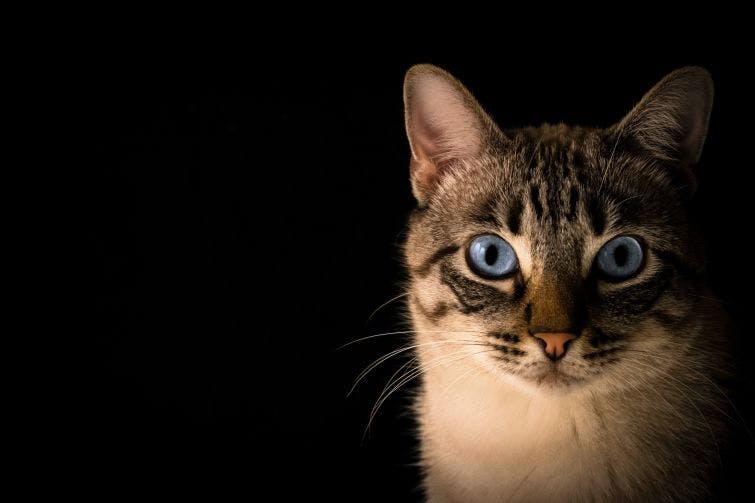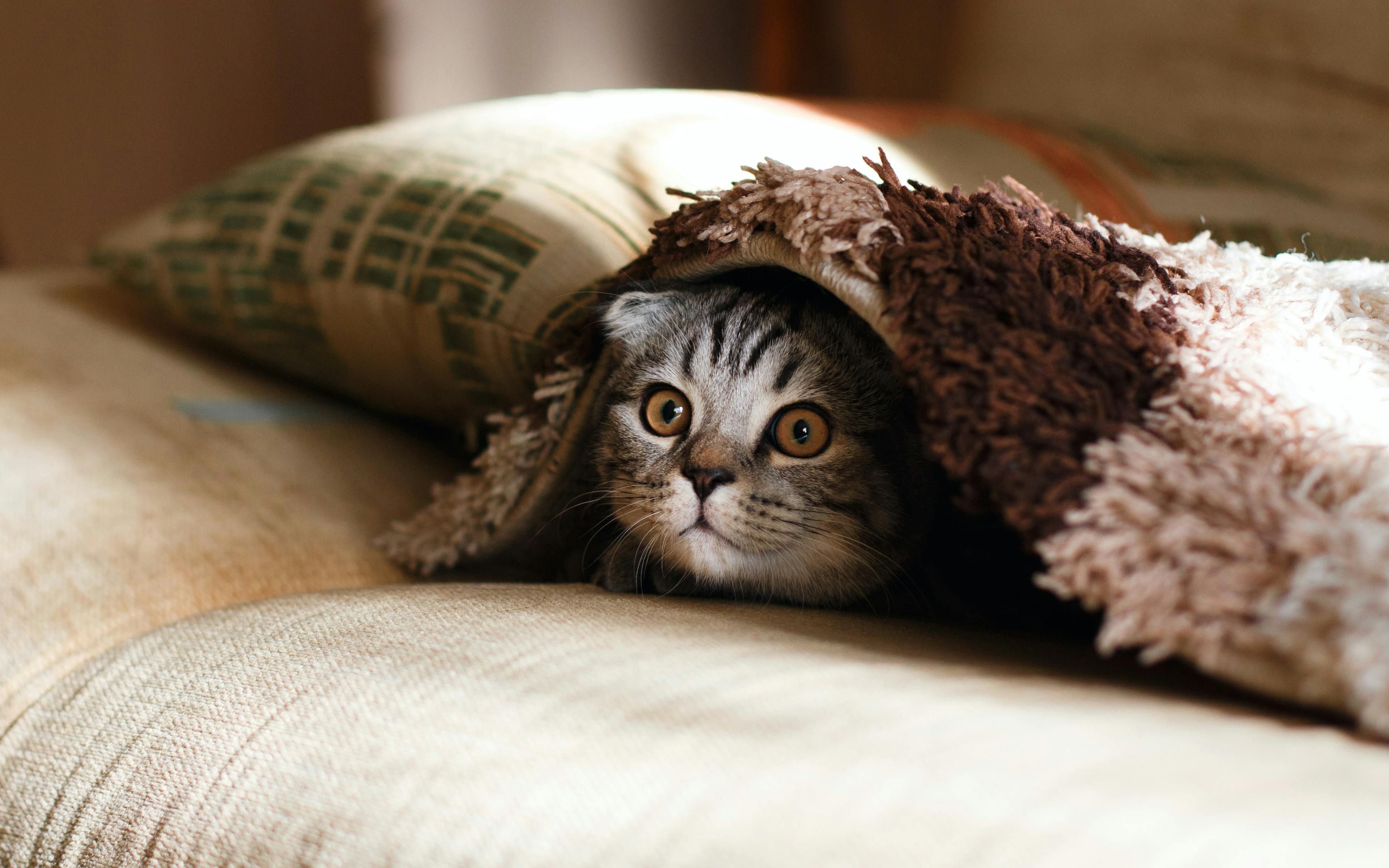What does it mean when a cat purrs?
A cat purring is a distinct vibrating sound of varying duration, often in a low pitch, that is generated by vibrations in the range of 20 to 50 hertz (according to Elisabeth von Muggenthaler, a bioacoustic specialist at the Fauna Communication Institute in North Carolina). This mode is pleasant to the human ear; it does not cause anxiety and irritation. This article will help answer two main questions. "Why do cats purr?" and "How do cats purr?"
With the help of an electromyograph (a device for studying bioelectric muscle potentials), it was possible to establish that during cat purring, there is a rapid alternate expansion and contraction of the cat's glottis, which causes continuous rhythmic vibrations of air.
Why do cats purr?
A cat that purrs when receiving affection from the owner expresses gratitude and approval with this sound. At the same time, its body language speaks of calmness and pleasure: the eyes are slightly closed, the tail is motionless, continues the line of the back or goes around the body of the cat.
Kittens begin to purr from the second day of life and learn this from their mother. In this way, they make it clear to their mother that everything is fine with them while at the same time not drawing the attention of predators. By purring, a nursing cat beckons kittens to drink milk. She also purrs while the babies are suckling.
What does it mean when a cat purrs? Having matured, cats living in groups use purring when communicating with each other: with its help, they show affection for each other or unwillingness to continue the conflict.
Does purring mean your cat is happy?
Most often, yes. During the purring, cats often touch their front paws and slightly release their claws. This movement, resembling small steps in place, is often called the "milky step." Little kittens use this method to rumple and push the mother's nipples to increase the flow of milk. Adult cats reproduce this movement when they are in a state of contentment and complete relaxation. In this state, the cat sometimes accidentally scratches its owner or spoils their clothes, but you should not scold it. It is better to put a thick cloth or a rolled towel under its paws.
Why is your cat purring?
Some cats also purr to communicate with their owners. The purring that is used to carry on a conversation can be very unusual, uneven, and emotionally charged. To understand the purr meaning, the owner needs to take into account the sign language that accompanies it. By purring, a cat may mark a successful hunt or dream about it while observing possible prey.

Reasons why your cat may be purring include
Passive training
Sometimes the owner hears the purring of a cat that is in a state of dormancy. Scientists at the University of California suggest that this behavior helps cats keep the musculoskeletal system in good shape, which is inactive for a long time while the cat sleeps.
Trying to deal with anxiety
With purring, the meaning can be different. It is not always a sign of calmness and positive emotions. It can express concentration before a difficult and responsible action, for example, a dangerous jump or a dash to prey.
Once in an unfamiliar space, such as being at an appointment at a veterinary clinic, a cat sometimes starts to purr to cope with anxiety. This may prevent the veterinarian from conducting an examination since while the cat is purring, it's impossible to auscultate its heart and lungs. In order to cope with this problem, sometimes it is enough to turn on the water tap: the cat will be distracted by the sound of water and quiet down.
